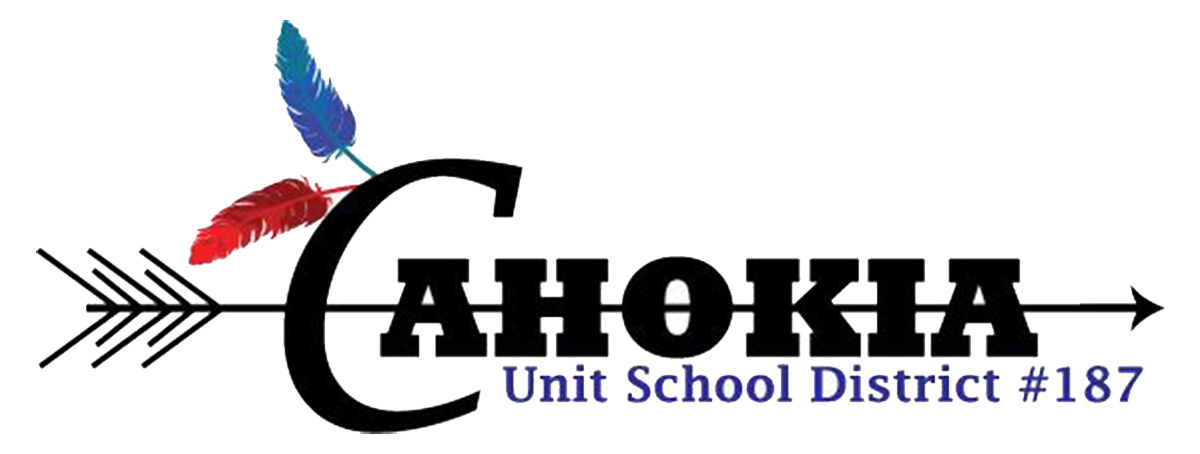Social Emotional Learning at Penniman: Growing Hearts and Minds
At Penniman Elementary, we believe school should be about more than math and reading. It should be a place where kids learn to dream big, believe in themselves, and treat others with kindness. That is why we are bringing Social Emotional Learning (SEL) to life with the 7 Mindsets program.
Through weekly lessons, fun activities, and real life challenges, students will:
Discover their strengths and learn that Everything is Possible
Make new friends and practice teamwork with We Are Connected
Celebrate their progress as they become 100 Percent Accountable
Every child will have the chance to earn rewards, join in hands on projects, and practice life skills that will stick with them long after the school day ends. Parents, get ready. Your kids will come home talking about goal setting, kindness challenges, and ways they want to make a difference in the world. We cannot wait to cheer them on as they grow into confident, caring, and capable students who are ready for anything.
7 Mindsets Examples at Penniman
Here is how the 7 Mindsets come to life for our students each week:
1. Everything Is Possible
Students dream about the future and set personal goals for school, sports, and life. For example, they might write down one big goal like learning a new skill or improving a grade and brainstorm the steps to get there. They discover that their potential is unlimited when they stay focused and keep trying.
2. Passion First
Students explore their interests and learn how passions can lead to purpose. They might create a “Passion Poster” full of things they love — sports, music, art, helping others — and talk about how to use these passions to help the school or community.
3. We Are Connected
Students learn the value of teamwork and friendships. In a fun activity, they might work with classmates to build a “Connection Web,” showing how helping one person can create positive ripples that affect everyone around them.
4. 100 Percent Accountable
Students practice taking responsibility for their choices. For example, they might role play real school scenarios like forgetting homework or handling a disagreement and learn how to solve problems respectfully instead of blaming others.
5. Attitude of Gratitude
Students focus on the good in their lives. They might start a “Thankful Thursday” tradition, writing kind notes to friends, teachers, or family members, and sharing them in class to spread positivity.
6. Live to Give
Students see how acts of kindness make a difference. They might organize a “Kindness Challenge” for the week — holding doors open, saying kind words, or picking up trash — and celebrate all the ways they helped others.
7. The Time Is Now
Students learn the power of taking action instead of waiting. For example, they might list things they want to try this month — joining a club, making a new friend, reading a new book — and choose one to start on today rather than “someday.”
